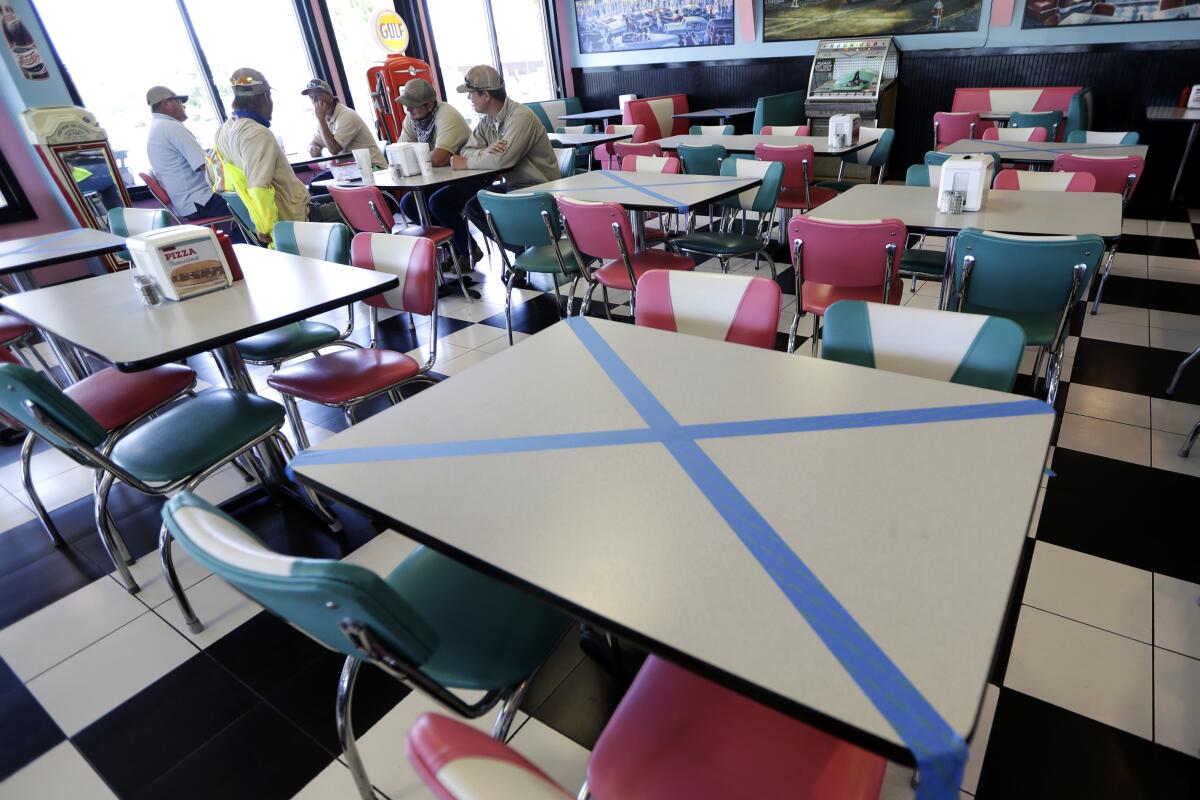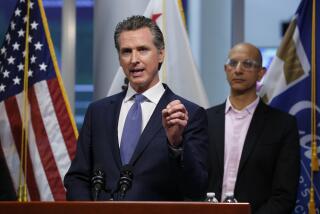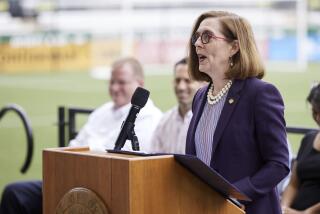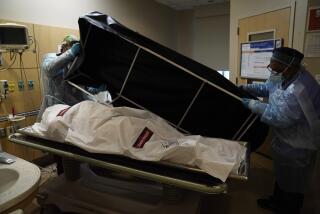Colorado, Tennessee and other states ease coronavirus restrictions; New York cancels presidential primary

Despite a steady climb in the national death toll from coronavirus-related infections, several states on Monday began to ease stay-at-home orders for residents.
Streams of patrons, eager to escape restrictions that have lasted for weeks, entered businesses in small towns and bustling cities in states from the Rocky Mountains to the South.
In Colorado, retail businesses with curbside delivery were able to reopen. Hospitals also eased restrictions on elective surgeries.
In Montana, where some residents of large metropolises have fled during the pandemic, retail businesses fully reopened but were required to adhere to strict social distancing guidelines.
“We have among the lowest cases per capita, the lowest hospitalizations per capita,” Montana Gov. Steve Bullock, a Democrat, said on social media, urging residents to remain vigilant and still practice social distancing. The state has seen roughly 450 confirmed cases of the virus and at least 14 deaths.
The death toll from COVID-19 reached almost 56,000 in the United States on Monday, according to Johns Hopkins University. The reported U.S. death toll is the highest in the world.
Ease up or clamp down: Differences over ending coronavirus lockdown turn into power struggle
In a White House news briefing, President Trump said his administration would work with governors in the weeks ahead to support testing plans and rapid response programs. Limited testing has also caused concerns in some states as they reopen.
The president said he had talked to governors and expected to see more school districts opening before the end of the calendar year.
“I think you’ll see a lot of schools open up ... I think it would be a good thing,” Trump said, adding “young people seem to do very well” against the virus.
In the South, which has seen high rates of infections, Tennessee allowed restaurants to reopen for dine-in or takeout. About 9,500 people have contracted the virus in the state, and at least 190 people have died.
Last week, Gov. Bill Lee, a Republican, released his “Tennessee Pledge” plan for reopening businesses in the state’s 95 counties, mandating social distancing and sanitizing protocols for restaurants to follow.
“We are pursuing a careful, measured approach to reopening our economy that does not depend on heavy-handed mandates but instead provides practical tools for businesses of all sizes,” Lee said in a statement.
In recent days, Georgia lifted restrictions, allowing for businesses such as barbershops, gyms, movie theaters and bowling alleys to reopen. The state continues to see an increase in confirmed cases, at least 22,400, and about 900 deaths. A lack of quality healthcare, among other things, has led to high rates of death in black communities from Atlanta to Albany, Ga.
Latinos and blacks under 50 are dying of coronavirus at alarming rate in California
Trump, after urging some states to “liberate” themselves during the pandemic, has said he does not support Republican Georgia Gov. Brian Kemp’s decision to reopen. Several mayors, including Atlanta Mayor Keisha Lance Bottoms, have assailed Kemp’s decision.
On Monday, Kemp urged Georgians to join him in a day of prayer.
“This virus has caused sickness, death and great loss in our state and as well as across the country,” Kemp said from the state Capitol in Atlanta. “We pray for those who have been lost and those they have left behind.”
Stay-at-home orders in several states — Alabama, Arizona, Florida — are set to expire later this week. Texas Gov. Greg Abbott, whose state has had 25,000 infections and 680 deaths, announced a stay-at-home order would be lifted on Thursday. Speaking to reporters on Monday, Abbott said the order “has done its job.”
“We’re not just going to open up and hope for the best,” he said in a news conference. “Opening Texas must occur in phases.” The first phase begins Friday and will allow retail and restaurants to open at 25% capacity.
Meanwhile, in New York, where on Sunday Gov. Andrew Cuomo outlined a phased approach to reopening the state, hospitals reported less of a strain on emergency rooms. Over the weekend, the death toll was below 400 — something that had not occurred for several weeks.
Still, the state has remained a hotbed of the coronavirus outbreak in the U.S., with 292,000 cases and nearly 17,300 deaths. On Monday, the state announced it would cancel its presidential primary scheduled for late June. Several states — Kentucky, New Jersey, Ohio, to name a few — have either delayed primaries or extended deadlines to vote by mail because of the coronavirus pandemic.
“This has been a hellish experience for our country. But it has also been a time of cooperation, unity and love,” Cuomo said Monday. “It’s not red state versus blue state. It’s us together versus this virus.”
More to Read
Sign up for Essential California
The most important California stories and recommendations in your inbox every morning.
You may occasionally receive promotional content from the Los Angeles Times.











